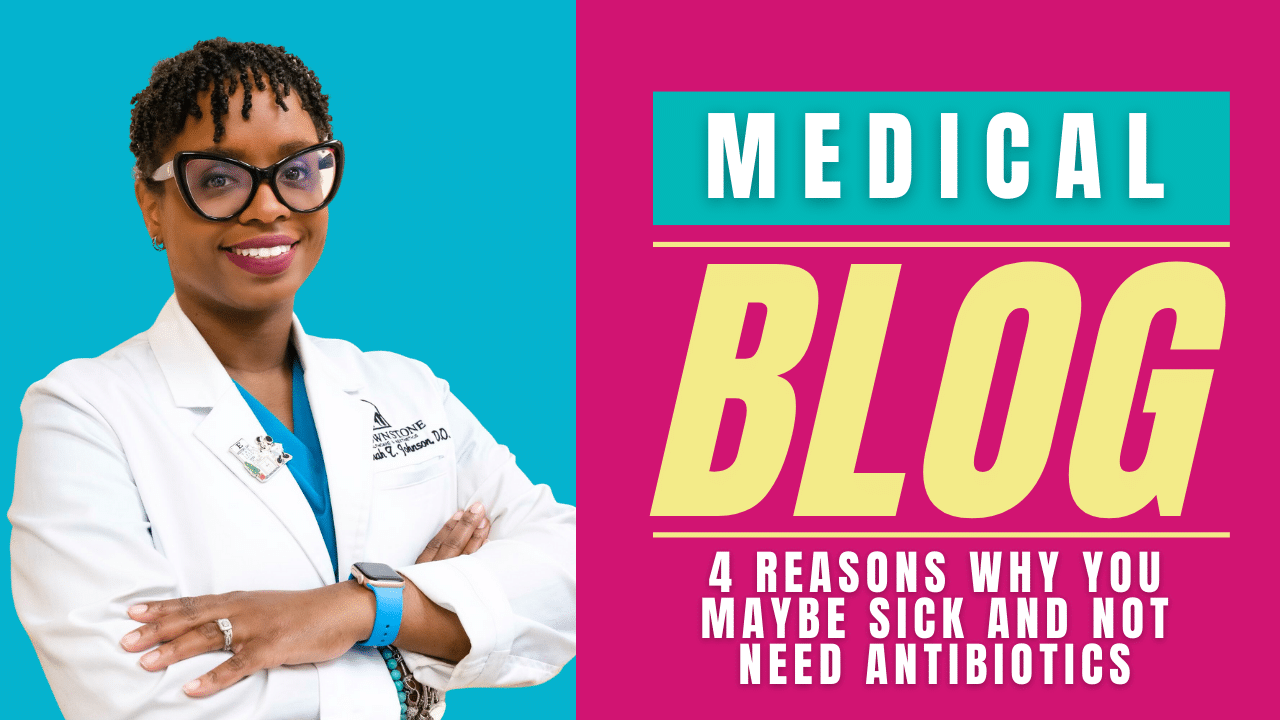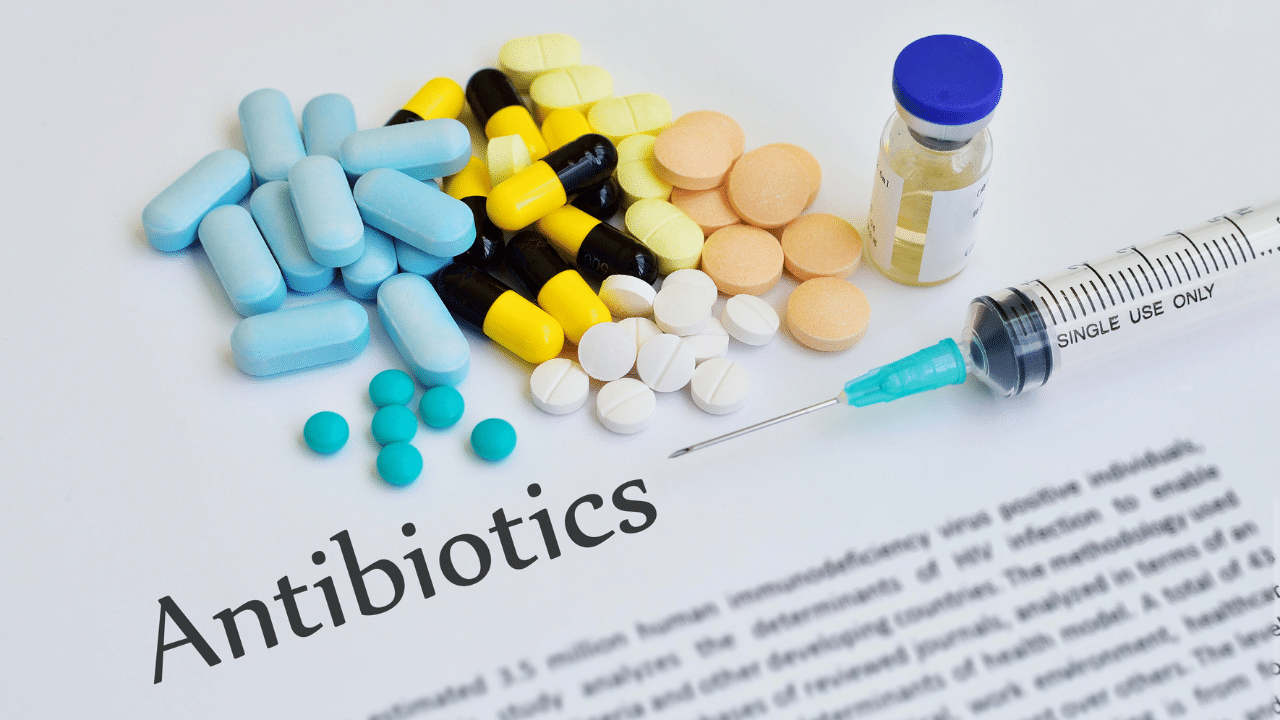Antibiotics are a class of drugs that have revolutionized modern medicine. They are used to treat bacterial infections by killing or inhibiting the growth of bacteria. Antibiotics have saved countless lives and prevented the spread of deadly diseases. They work by killing the bacteria or by making it hard for the bacteria to grow and multiply.
These drugs can be taken in multiple ways. To enumerate, the most common way would be intaking the pills, capsules, and liquids orally. Another way is topically, by cream, spray, or ointment that is applied to the skin. It could also be eye ointments, eye drops, and ear drops. Lastly, of course, antibiotics are also consumed through injection or IV, but are more suitable for more serious infections. Furthermore, although proven to be really effective in numerous cases, some may not be able to intake antibiotics due to certain allergies. Symptoms of allergic reaction through antibiotics include gastrointestinal distress, including nausea, vomiting, diarrhea, abdominal pain, rashes, hives, swelling of the face or throat, difficulty breathing or swallowing.
Antibiotics are highly effective in treating bacterial infections when used appropriately; they should be used judiciously to avoid unnecessary side effects and prevent the development of antibiotic-resistant bacteria. Antibiotic resistance occurs when bacteria evolve mechanisms to resist the effects of antibiotics, rendering them ineffective. This can occur through genetic mutations or by acquiring resistance genes from other bacteria. It is essential to use antibiotics only when necessary and as prescribed by a healthcare professional. Patients should also complete their full course of antibiotics as directed, even if they start feeling better before finishing the medication.
The overuse and misuse of antibiotics have led to the emergence of antibiotic-resistant bacteria, which pose a significant threat to public health. Antibiotic resistance occurs when bacteria evolve mechanisms to resist the effects of antibiotics, rendering them ineffective. Here we have 4 reasons why you should not take antibiotics right away when feeling sick.
- It’s just a virus – Let us get things straight, VIRUSES DO NOT RESPOND TO ANTIBIOTICS. Viruses replicate inside host cells and use the host’s machinery to reproduce. Antibiotics cannot target these processes because they only affect bacterial cells. Therefore, using antibiotics to treat viral infections is ineffective and may even be harmful. Kids, sometimes teens, are breeders of viruses, they get it from being outside all the time and not being responsible enough to make sure that they are sanitized and completely.
- Got Allergies? – Community sinuses, or Allergies, are triggered by a lot of things. Having watery eyes and itchy eyes, sneezing, congestion, and headaches can be a sign of having an allergic reaction. Allergic Rhinitis is an example, the triggering of the histamine reaction is caused by the seasonal allergies that are usually due to pollen, dust, pet hair, and others more. Knowing if it’s allergies is important as it allows your doctor to give proper treatment.
- You don’t have fever – It’s important to remember that antibiotics should only be taken when prescribed by a healthcare professional for a bacterial infection. Fever is a symptom of a bacterial infection, and without it, what you’re feeling might not be curable by antibiotics at all. If you don’t have a fever or other signs of a bacterial infection, it’s best to let your body fight off the illness naturally without unnecessary medication.
- It might not be an infection at all – This just stresses the importance of knowing the root cause of what we are feeling, as the misuse of antibiotics can cause harmful side effects. Going to see your doctor and getting a complete blood count can help. Do not take anything lightly and trust your doctor for treatment as they know what is best for you.
Taking antibiotics the right way allows us to maximize its benefits. This can be done through following what your doctor prescribes and instructs, being responsible, and being careful. While antibiotics have been instrumental in treating bacterial infections, their overuse has led to the emergence of antibiotic-resistant bacteria. It is crucial for healthcare professionals and patients alike to use antibiotics responsibly and judiciously to preserve their effectiveness for future generations.

Dr. Kre Johnson is a Board Certified Family Medicine Physician and the sole owner of Brownstone Healthcare and Aesthetics. She is the Medical Director of the City of Birmingham’s Employee Health Clinic-Brownstone BWell Birmingham. She is the Event Producer of Wifeology and the founder of Three Twenty Girls, Inc. She loves God, traveling, and all things Southern!!
Brownstone BWell: Brownstone Healthcare has partnered with the City of Birmingham to offer primary care services to the employees of the City of Birmingham for $0 copayment. This partnership is for preventative services & screenings and sick visits. We partner with your current primary care physician and our goal is to keep you out of the ER and urgent care. We do not share your information with the City of Birmingham. We uphold HIPPA and professional standards. You can visit us at our downtown location 1700 5th Ave N Birmingham, AL 35203 or Trussville: 4643 Camp Coleman Road #117 Trussville, AL 35173 205-202-5650 call for your appointment today.
Other References:
https://medlineplus.gov/antibiotics.html
https://www.medicalnewstoday.com/articles/10278
https://atriumhealth.org/medical-services/prevention-wellness/antibiotics





